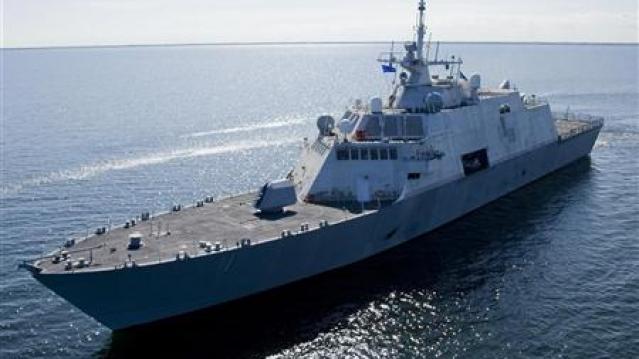Navy Paying Microsoft Millions to Maintain Obsolete Windows XP

Microsoft first introduced Windows XP in 2001. Last April Microsoft discontinued official support for the software. However, one major customer just signed a $9.1 million contract with the company in exchange for ongoing support of the system. The customer? The U.S. Navy.
Although the Navy has begun transitioning away from XP, it has about 100,000 workstations still using the software, including computers on ships, submarines, and other vessels. The entire contract could wind up costing the Navy nearly $31 million if it lasts until the June 8, 2017 deadline, according to CNN Money.
The Navy didn’t acknowledge the termination of the software until Vice Admiral Ted Branch, deputy chief information officer for the Navy, issued a memo in July 2014 requiring all PCs to transition to Windows 7 by April 30, 2015.
While Windows XP no longer receives regular security updates, Microsoft will supply the United States Navy’s Space and Naval Warfare Systems Command (SPAWAR) with custom security fixes for its products. Without the updates, the Navy would be susceptible to security threats.
The Navy still operates numerous applications and programs that rely on older versions of Windows, according to Steven Davis, a spokesman for the Space and Naval Warfare Systems Command in San Diego.
The Navy isn’t the only Microsoft customer that’s a little behind on the times. The Army signed a support agreement with Microsoft in April, and the IRS is also paying for custom support. In the corporate world, a staggering 44 percent of corporations still have the software installed on at least one PC.
Will Trump's Tax Cuts Really Happen? Economists Are Surprisingly Optimistic
Despite all the thorny questions swirling around President Trump's nascent tax reform plan, 29 of 38 economists surveyed by Bloomberg in a monthly poll said they expect Congress to cut taxes by November of next year.
The hitch: The economists don’t expect the cuts will help the economy much. The median projection of a larger group of 71 economists is for 2018 growth of 2.3 percent, up only slightly from 2.1 percent this year — and by 2019, the economists see growth slipping back to 2 percent.



